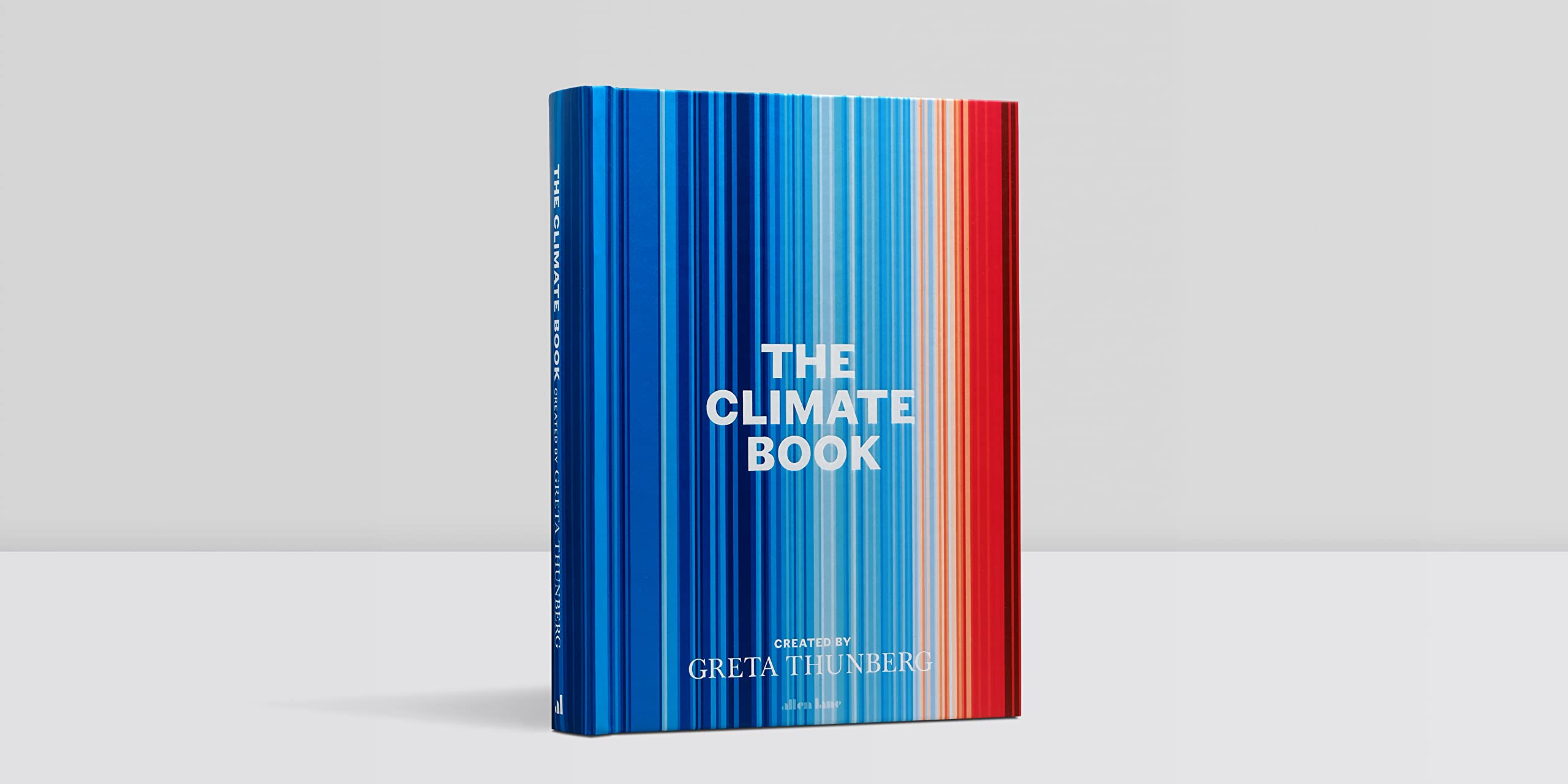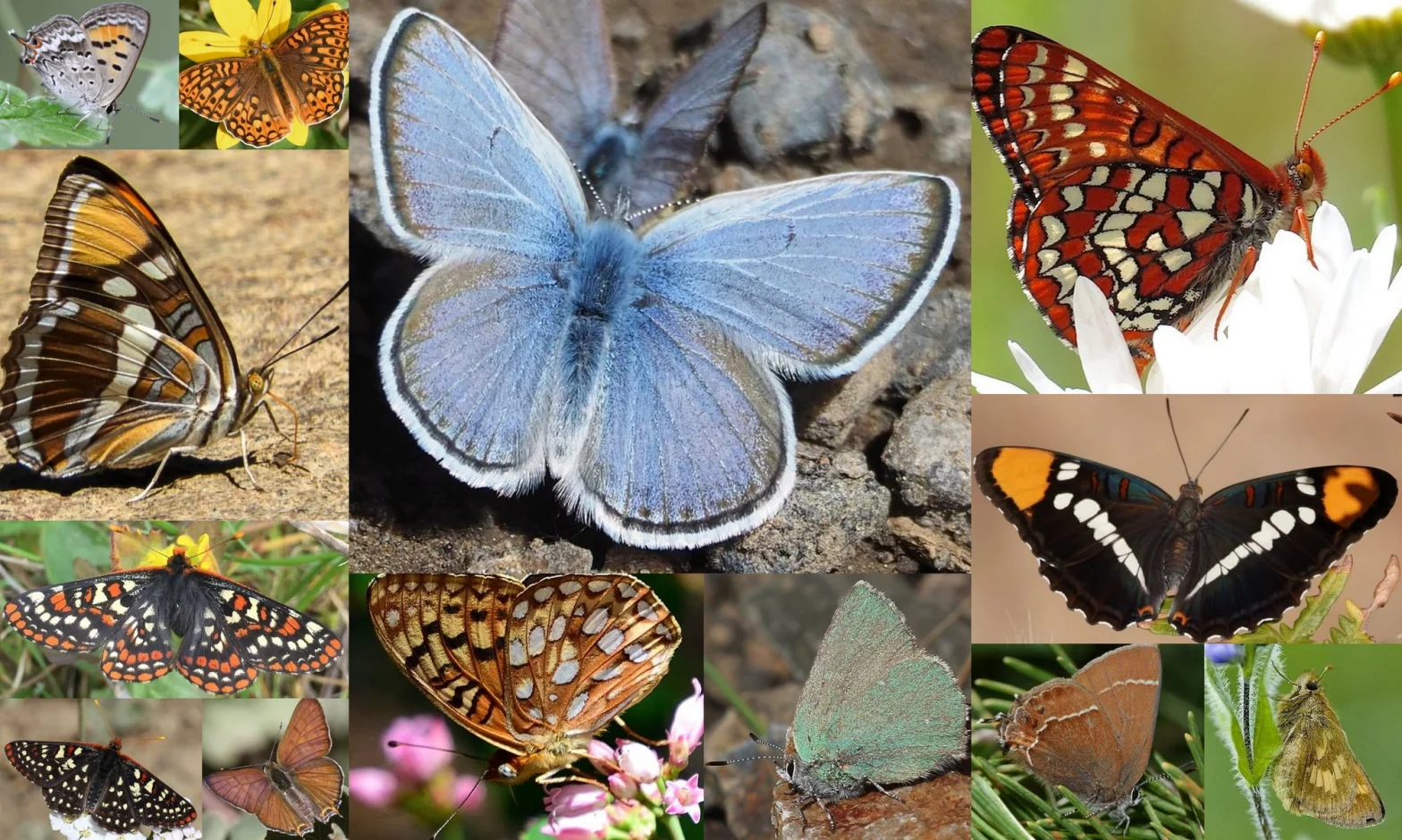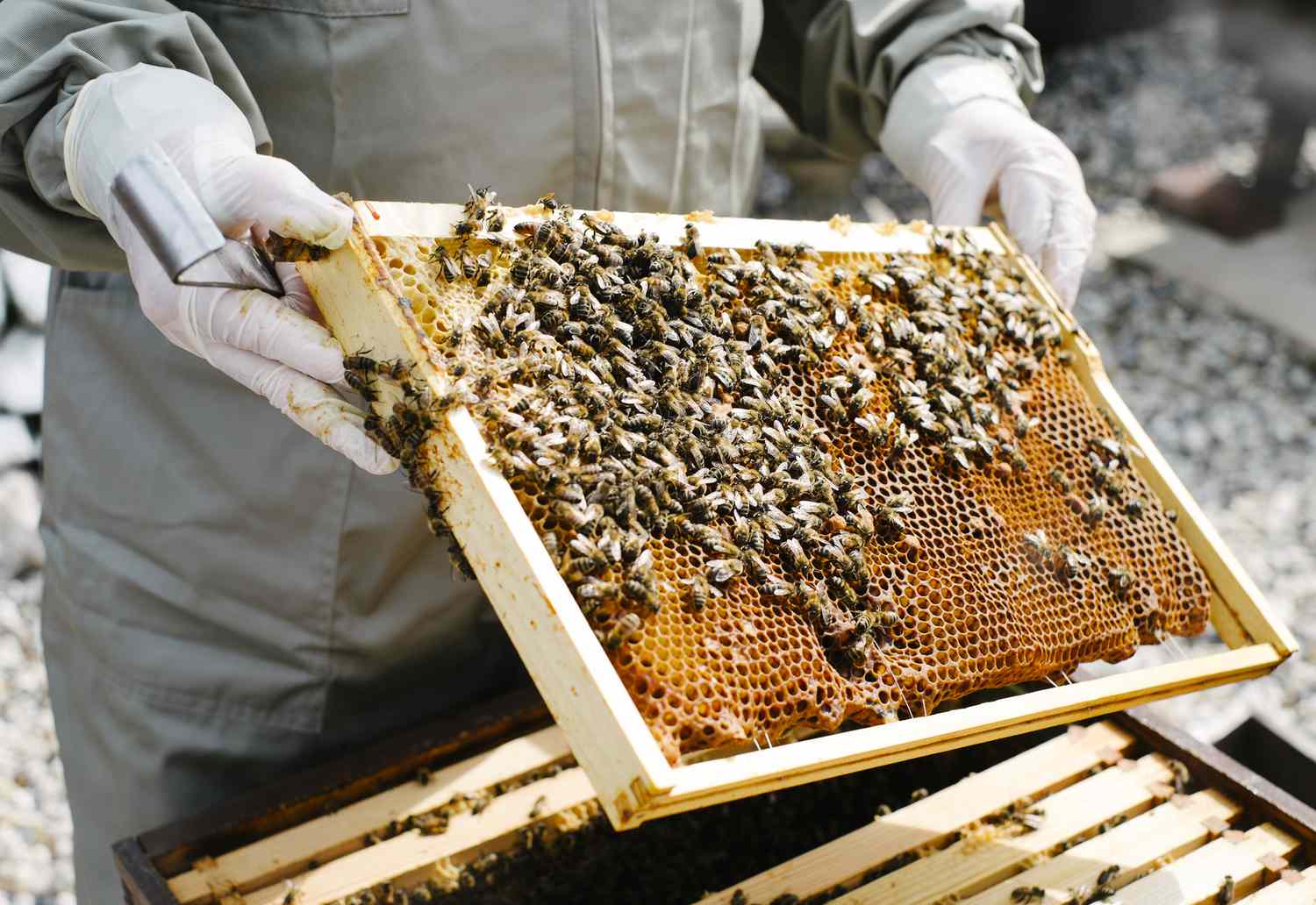The Climate Book: An Insightful Connection
In the quest to address the monumental challenge of climate change, books have often served as compelling messengers, delivering the stark realities, deep insights, and urgent calls to action that this topic demands. For environmentalists, climate change advocates, and the environmentally conscious community at large, these tomes form the backbone of education and the propulsive force behind a growing movement towards sustainability.
But how potent are these words on the page? How deeply do they penetrate the public consciousness, and what tangible changes do they inspire? This exploration is a guide through the influence of select climate change literature and how such books can propel us towards a greener paradigm.

Literature and Climate Change: An Insightful Connection
Climate change represents a multifaceted challenge necessitating a comprehensive and nuanced approach. The realm of literature is instrumental in demystifying the complex scientific principles underpinning climate change, transforming them into accessible narratives that engage a wide audience. The emergence of “climate literature” transcends traditional genre classifications, serving as a collective response to an urgent global crisis. Each publication within this category signifies an essential step towards elevating public awareness and understanding of climate change issues.
This strategy not only educates but also bridges the gap between scientific findings and general public understanding, leveraging narrative storytelling to underscore the realities of climate change. Literature emerges as a vital instrument in cultivating a nuanced and informed perception of this challenge, thereby stimulating enlightened discourse and action.
Publications such as “The Uninhabitable Earth” by David Wallace-Wells and “This Changes Everything” by Naomi Klein extend beyond mere informational dissemination; they catalyze a paradigm shift. These works present not only empirical data regarding our evolving climate but also narratives of human connectivity and the collective imperative for action. Engaging with climate literature can elicit emotional responses and galvanize individual commitment to the sustainability of our planet.
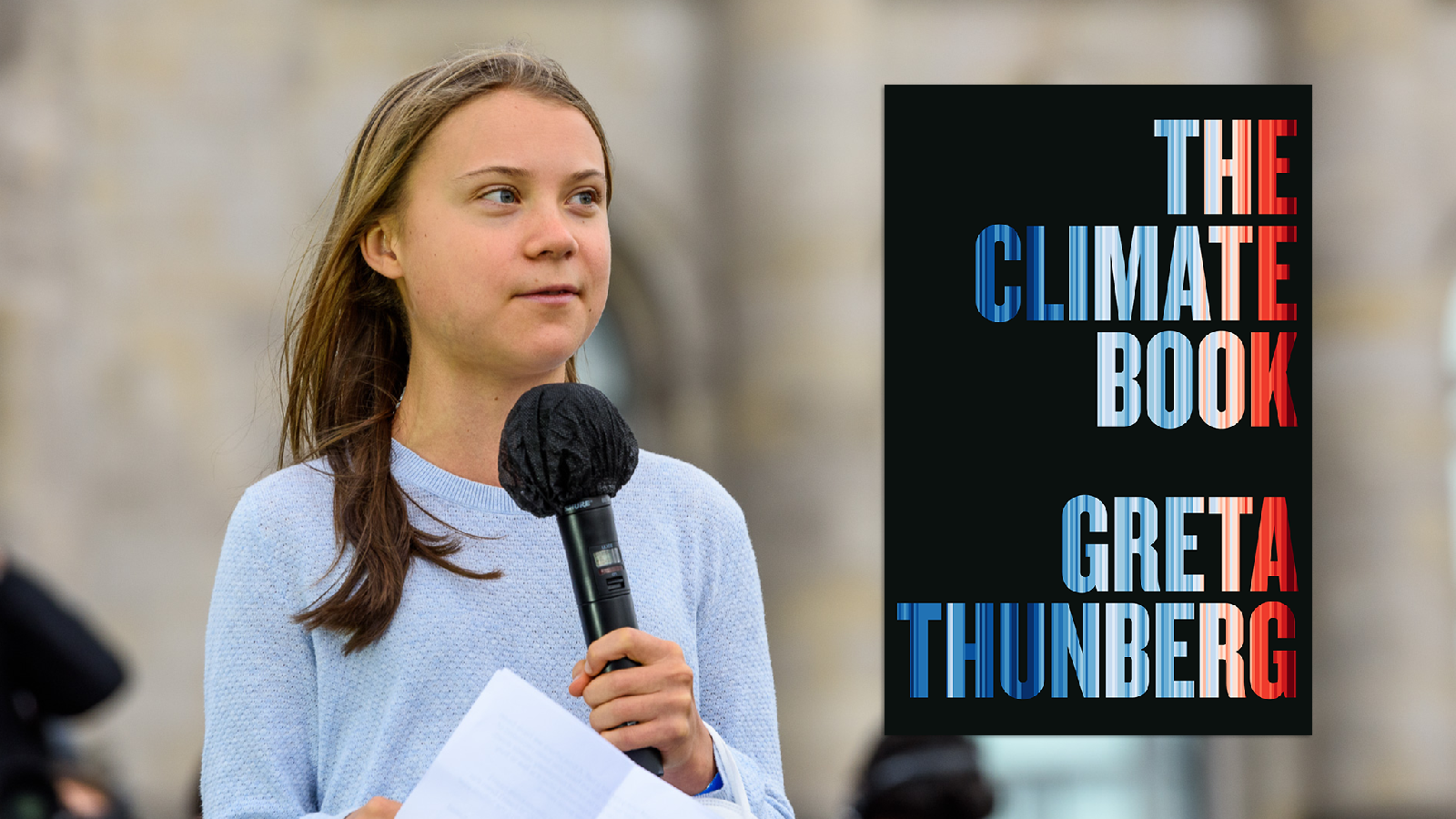
Examining The Climate Book Thoroughly
This section delves into the attributes that render a climate book significant. It might be the scientific accuracy of its content, its articulate writing, or its innovative perspectives on the climate issue, but a truly influential book has the power to alter our perceptions and, importantly, our actions. We will explore how themes and key messages are intricately woven into the narrative, impacting readers well beyond the initial read.
The focus is on delivering a deep understanding, leveraging precise and specialized language to communicate expertise and authority in the domain. Our objective is to provide exhaustive insights and guidance, positioning ourselves as leaders with a forward-looking stance on climate-related discussions.
Perhaps the most powerfully received climate book in recent years is “The Uninhabitable Earth” by David Wallace-Wells. Exploring scenarios of the Earth’s future that are both harrowing and undeniably foreseeable, Wallace-Wells compels the reader to confront the reality of our current trajectory. The book’s threadbare hope—our capacity for radical action in response to radical truths—is both its challenge and its ambiguous salvation, fostering a sense of urgency and empowerment.
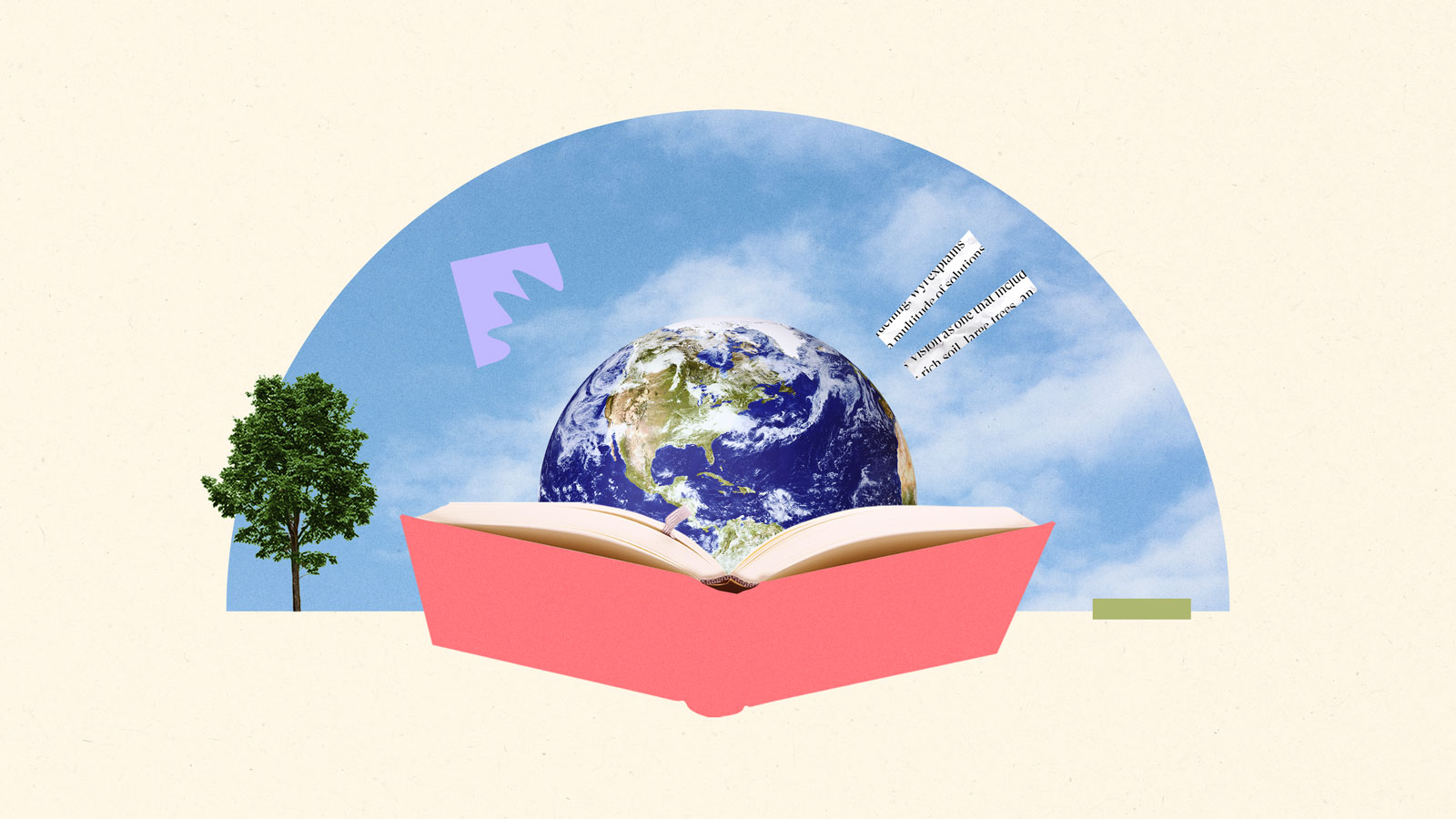
Engaging the Audience: From Consumption to Conversation
Reading isn’t a passive act, and neither should be the environmentalism it often inspires. The third part of our exposition will direct readers on how to leverage the climate book as a tool for dialogue and change. We will provide guidance on leading book clubs that focus on environmental literature, tips for engaging with local communities, and how authors themselves can serve as influential voices in the climate change conversation.
When groups come together to discuss a climate book, the conversation can branch off into myriad areas of environmental concern, from local to global. Each participant brings their perspective, their questions, and their passion, making such gatherings incubators of ideas and a source for potential activism. Engaging with the audience ensures that the book’s message does not stay within the confines of its pages but radiates outward, igniting a ripple effect of awareness and action.
The Climate Book Shaping Policy and Practices
Beyond mere discussion, climate books have the potential to influence real-world outcomes, from policy formation to the individual behaviors that cumulatively drive change. Case studies and real-world examples will illustrate how books such as “Silent Spring” by Rachel Carson catalyzed movements that led to the banning of the pesticide DDT, or “This Changes Everything” which pushed local environmental groups to reevaluate strategies and advocate for tangible shifts in policy and industry practices.
These landmark achievements, spurred on by influential literature, underscore the transformational power of books in the environmental arena. They challenge us to think beyond the individual level and consider systemic changes that can effectuate substantive progress. For climate change to be tackled effectively, it requires an interplay of legislative reforms, corporate responsibility, and grassroots mobilization, all of which can be informed by the pages of a well-written book.
The Ongoing Dialogue
In conclusion, the climate book stands not only as a recorder of past and present environmental challenges but as a beacon directing us towards a sustainable future. The world’s environmental woes are vast and varied, from rising temperatures to plastic-choked oceans, and require an equally diverse and dynamic response. Books on climate change provide the foundations for this response, equipping their readers with knowledge, motivation, and the call to arms necessary for facing these monumental challenges head-on.
The ongoing dialogue surrounding climate change literature should not merely serve as a repository for concerns but as a launchpad for action. It’s through our collective reading, discussion, and ultimately, through the changes we make in our lives and within our societies, that we can confront the climate crisis. Each day, the sun sets on another chapter of human history, but in the boundless possibilities of the morrow’s narrative, the real story of our response to climate change is yet to be written.
In the turning of the page, in the speaking of our truth, in the living of our shared purpose—here lies the true potential for the climate book as a catalyst for change. For in its echoes, sparks the hope of a world reimagined and redesigned in harmony with nature’s delicate balance.
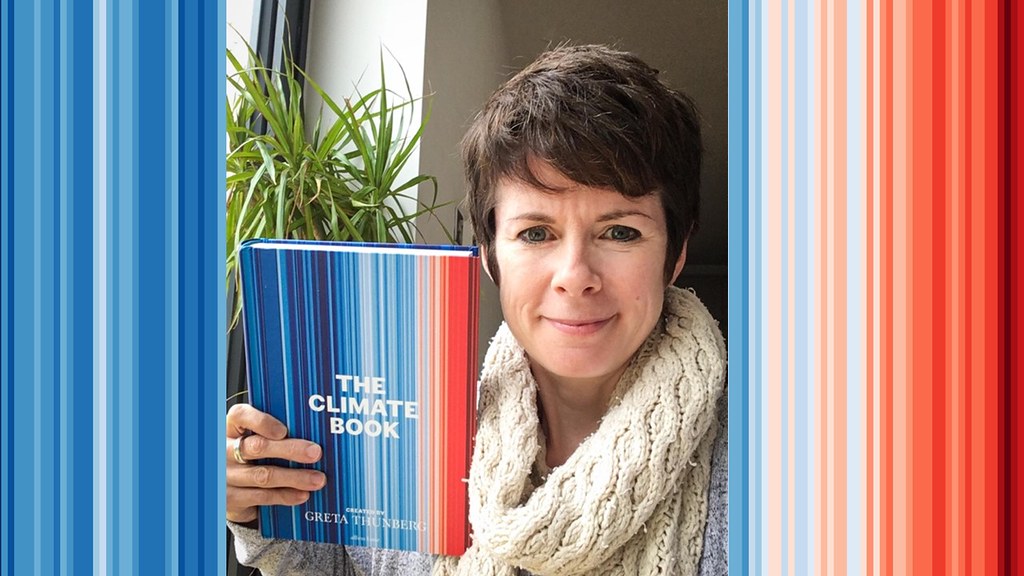
Conclusion: The Power of Narrative in the Climate Crisis
Climate books aren’t just stories, they’re guides for our future. They urge us to understand the science, take action, and work together to create a sustainable world. The choice is ours: read and react, or forge a better future. The legacy of climate books depends on what we do.
Check out More Book Information on Climate: Top 5 Must-Read Climate Change Books of the Year (You Must Should Read 2024)!
Frequently Asked Questions
Q1: Can reading climate change books really make a difference?
Yes, reading climate change books can make a significant difference. They equip us with knowledge, challenge our perspectives, and inspire us to take concrete actions. Through education, we become empowered to engage in meaningful dialogue and advocate for effective policies, contributing to a collective effort towards sustainability.
Q2: How can I use my interest in climate books to engage my community?
Engaging your community can start with organizing book clubs or discussion groups focusing on climate change literature. These gatherings can serve as platforms for sharing knowledge, brainstorming solutions, and planning local initiatives. Consider collaborating with libraries, schools, or environmental organizations to broaden your reach.
Q3: What should I do if I feel overwhelmed by the information in climate books?
Feeling overwhelmed is a common reaction, given the serious nature of climate change. It’s important to balance your intake of information with positive stories of progress and solutions. Engaging in active discussions and becoming involved in community initiatives can also transform feelings of despair into motivation and hope.
Q4: Can climate books influence policymakers?
Climate literature has the potential to influence policymakers by shaping public opinion and creating a groundswell of support for environmental initiatives. Advocacy and lobbying, backed by the insights gained from climate books, can prompt legislative and regulatory changes. Highlighting the economic, social, and environmental benefits of sustainable policies can also be persuasive.
Q5: Where can I find recommendations for climate change books?
Recommendations for climate change books can be found in environmental organizations’ publications, educational institutions’ curriculums, and through online platforms dedicated to sustainability. Book reviews, podcasts focusing on environmental issues, and social media groups are also valuable resources for discovering impactful reads.
Q6: How do I choose which climate book to read first?
Selecting your first climate book depends on your interests and the specific aspects of climate change that intrigue you most. For a broad overview, opt for books that cover a range of topics. If you’re seeking solutions or wish to focus on positive changes, look for titles that highlight innovations, case studies, or practical guides on reducing your carbon footprint.
Q7: Can I contribute to the cause if I’m not an expert?
Absolutely. Every individual’s efforts count, and you don’t need to be an expert to make a difference. Simple actions like reducing waste, conserving energy, and spreading awareness within your community contribute to the broader fight against climate change. Reading and sharing insights from climate books can also inspire others to join the cause.
Engagement with climate literature is more than an intellectual exercise; it is a call to action. By arming ourselves with knowledge and connecting with like-minded individuals, we can drive the societal transformation necessary to address the pressing challenge of climate change.
